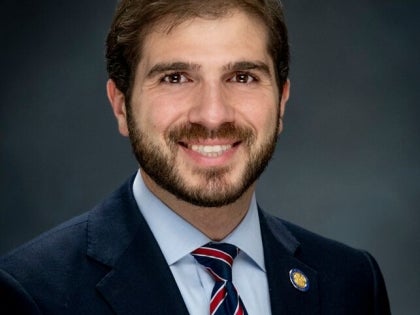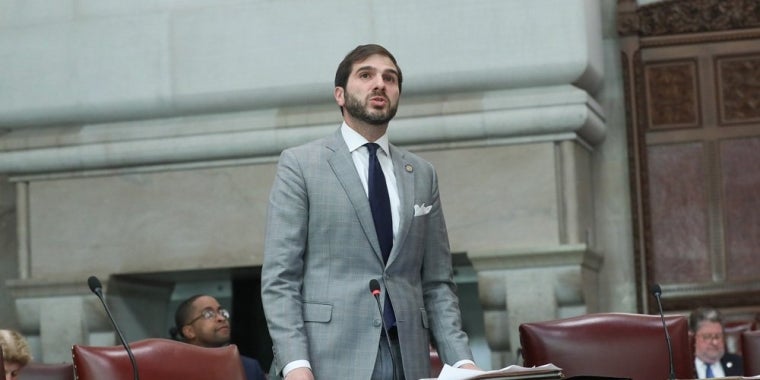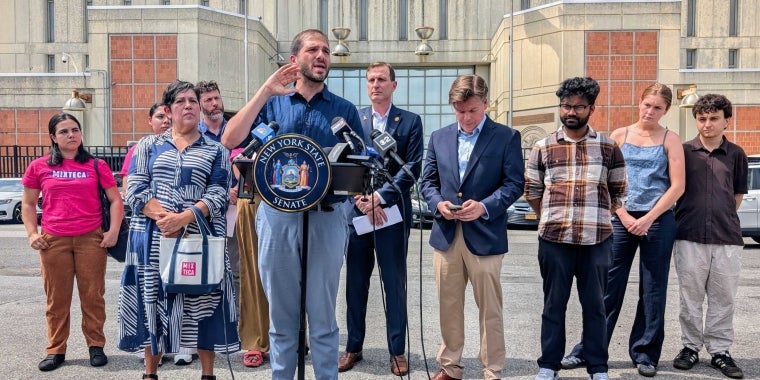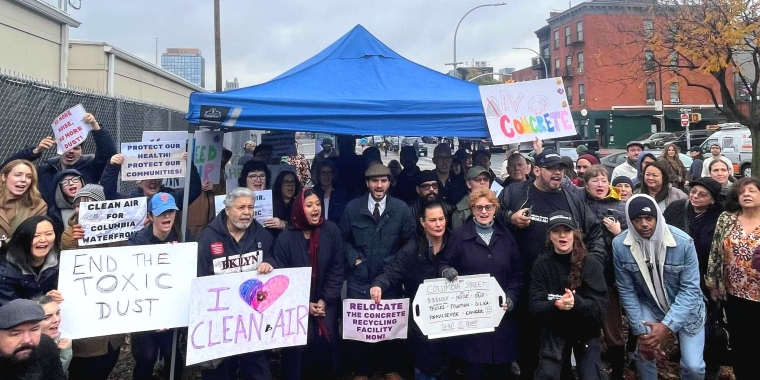
Working group reveals new layer of anti-harassment reforms
ALBANY — As the Harvey Weinstein trial opens in New York City this week and neighboring New Jersey faces its own #MeToo reckoning, a group of former legislative staffers that successfully pushed for hearings on workplace harassment and long-stalled reforms last year is back in business.
The Sexual Harassment Working Group will release a package of priorities for 2020 on Tuesday, members said. According to a copy of the document which POLITICO obtained, the measures would strengthen anti-harassment laws legislators passed in the final days of legislative session last year.
“We used our own experience as survivors of abuse to help radically overhaul the New York State Human Rights law for millions of workers,” the group said in a statement. “Our priorities for 2020 reflect the next phase of survivors' rights in New York State, and we plan to push hard for them, as well as continue to support worker led efforts in the New York City Council to correct the abuser protectionism in place.”
The group is supporting several specific pieces of legislation, one of which is a bill from Assembly member Yuh-Line Niou (D-Manhattan) and state Sen. Andrew Gounardes (D-Brooklyn) NY A8847 (19R) / NY S6828 (19R) that closes a “personal staff” loophole in the new harassment protections.
The bill’s sponsors say some judges have argued that staff of elected officials in the Senate and Assembly or of court attorneys who are working for state judges do not count as direct employees of the state, allowing New York to dodge responsibility if an incident occurs.
“It is therefore necessary to once and for all clarify that the state shall not be able to avoid responsibility for harassment of public employees,” the biil’s memo reads. It clarifies that the state of New York is considered the employer of “any employee or official of the New York state executive, legislature, or judiciary, including persons serving in any judicial capacity, and persons serving on the staff of any elected official in New York state.”
The working group is also pushing a bill NY A7220 (19R) / NY S4513 (19R) from Sen. Liz Krueger (D-Manhattan) and Assembly member Catalina Cruz (D-Queens) to prohibit harassment and discrimination by non-employees such as lobbyists, clients, customers, or vendors. The bill makes it illegal for an employer to “fail to take immediate and appropriate corrective action” when they become aware that a guest or non-employee is harassing an employee.
They’re looking to ban from nondisclosure agreements the use of liquidated damages, which is compensation if a contract is breached NY A849 (19R) / NY S5469 (19R) and extend the statute of limitations for actions based on harassment from three to six years NY A304 (19R) / NY S6322 (19R).
The group also has some big conceptual ideas that have been developed into formal legislation yet, one of which is to eliminate the state’s Joint Commission on Public Ethics and replace it with a “body capable of real oversight and investigation of harassment and discrimination by state elected and appointed officials.”
JCOPE has long faced criticism for its connections to government leadership — six of JCOPE's 14 members are appointed by the governor, with leaders of the conferences in the Legislature controlling the remaining seats.
Completely disbanding the panel is a big ask, even for an agency as scorned as JCOPE has been in recent months. Some lawmakers, such as Assembly member Aravella Simotas (D-Queens), have said smaller reforms can be made to JCOPE’s process in the mean time, and has proposed legislation to mandate that JCOPE better inform victims of the status of their investigations.
And in the name of protecting victims stuck in the revolving door of the New York political world, the group wants to ban anyone convicted of sex crimes, or even those with a negative determination or substantiated claims of harassment or discrimination by a government entity, from lobbying. That’s based on the case of a former top aide to then-Assembly speaker Sheldon Silver who pled guilty to rape in 2003 and later returned to Albany as a lobbyist.



